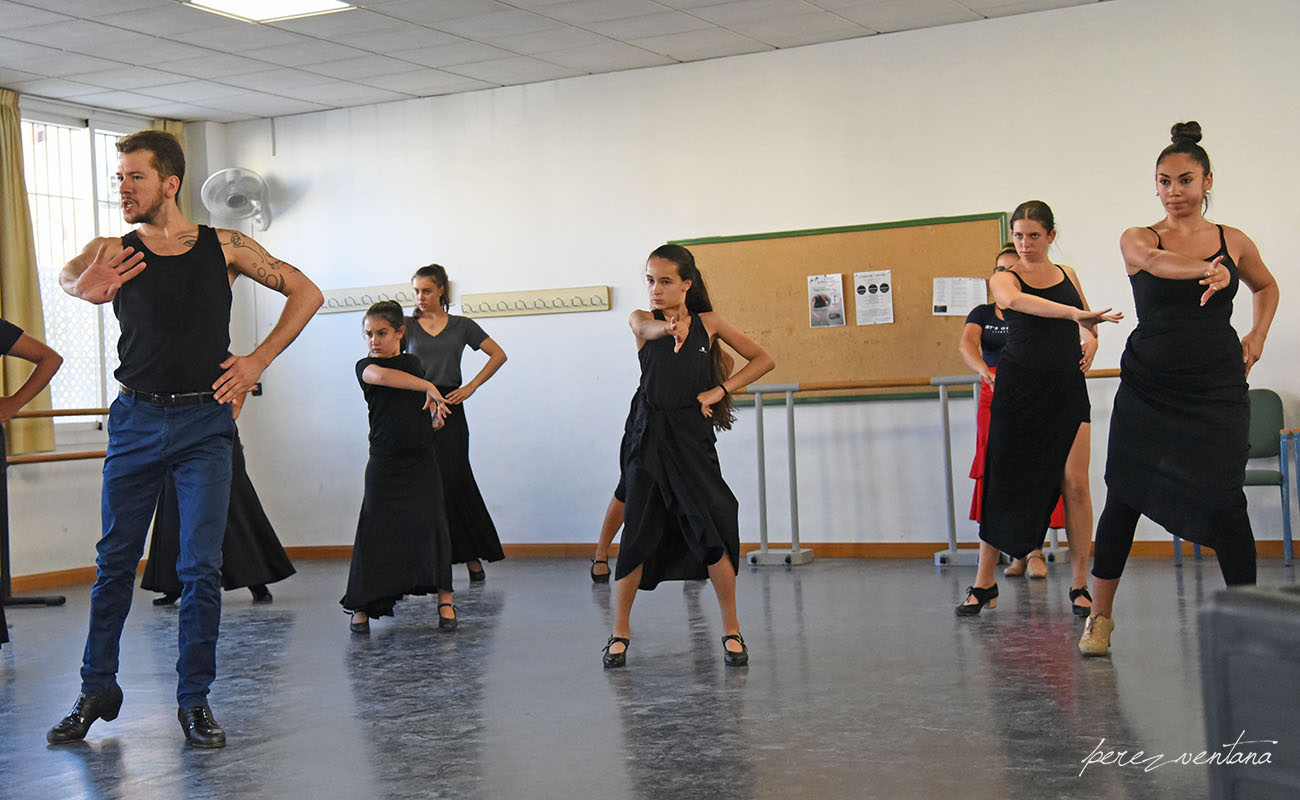Let them know flamenco
When I was a kid, I never had the privilege of having anyone go to my school to talk about flamenco, an art which was very popular in the 1960s, when it was experiencing a golden age. I don’t recall ever hearing any music in my school, except the mandatory Franco-era Spanish national anthem, “Cara al Sol”, which we sang

When I was a kid, I never had the privilege of having anyone go to my school to talk about flamenco, an art which was very popular in the 1960s, when it was experiencing a golden age. I don’t recall ever hearing any music in my school, except the mandatory Franco-era Spanish national anthem, “Cara al Sol”, which we sang in the school’s yard, wearing our smocks and sporting zero-trim haircuts. That’s why I feel so happy whenever someone asks me to go to a school or college to talk about flamenco with children or teenagers, something I do rather often, for free, of course.
A few years ago, I used to go once or twice to the town of Burguillos (Seville provice), to talk about flamenco with the town’s schoolchildren. I would do this at the Peña Flamenca La Era, a small venue decorated with flamenco posters and photographs. In my first day, I noticed that the kids weren’t too interested, which is understandable, as they had never heard of Silverio, Caracol or Marchena. When I got home, I thought about it and I came up with the following solution: show them a gramophone, some slate records, old lyric booklets, posters and personal objects which had belonged to some artists.
When the kids saw the workings of a 1930s gramophone and the slate records their grandparents used to listen too, they got quite excited. I remember a girl who shed tears listening to a petenera by Niña de los Peines when the gramophone played that unique musical piece: Quisiera yo renegar/ de este mundo por entero(1)… I had finally found a way for them to listen to my words. It was a very beautiful experience.
Whenever I write or talk about the subject of flamenco at schools, I can’t help but remembering Ricardo Rodríguez Cosano, a great aficionado from the town of Casariche (Seville province) who lived for many years in Lebrija, a land with a strong flamenco tradition. He was a schoolteacher and very well-versed in flamenco, so he was always coming up with ways to get the kids interested in this art. One day I went to see him at his school and I found out that, at recess, bulerías lebrijanas were playing from loudspeakers setup in the school’s yard.
That really moved me, and I know that many people from Lebrija now in their 30s or 40s love the music of their land thanks to that great teacher and aficionado, our dear Ricardo Rodríguez Cosano, who incidentally, was also a wonderful person. He already passed away and it was a big loss, but he left behind some books and, above all, the memory of a good man.
I find hard to believe that nowadays some young people in Andalusia know nothing about flamenco, although a few decades ago it was even worse. The truth is that Andalusia’s youngsters are very interested in our art, and enjoy it as much as they can. Whenever I go to flamenco festivals I see young people who are very focused and interested, and for me it’s a great satisfaction to have been able to contribute with this is some small measure, with my radio show, my thirty-seven years writing about flamenco in the newspaper, and my books.
Letting young people know flamenco is a task for all of us who love this art. They are the future.
- I wish I could turn away / from this whole wide world.




